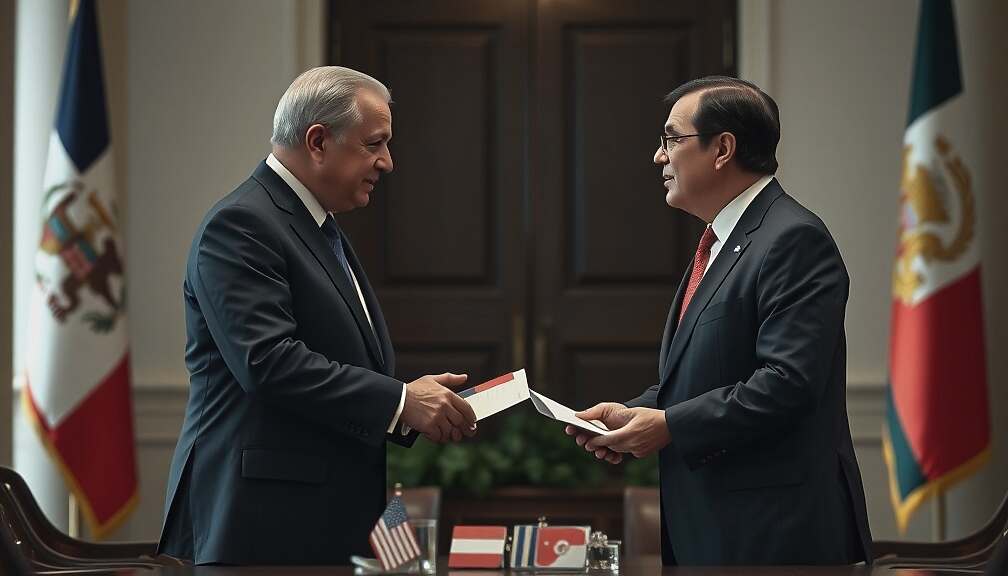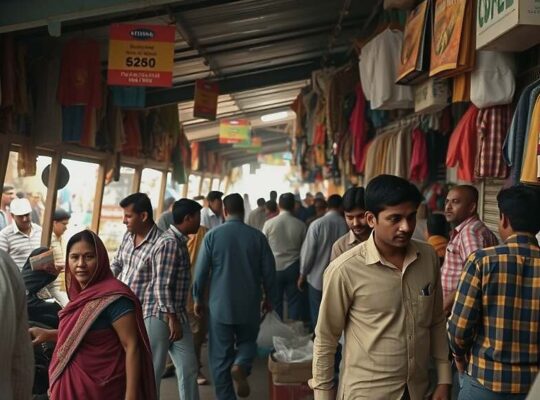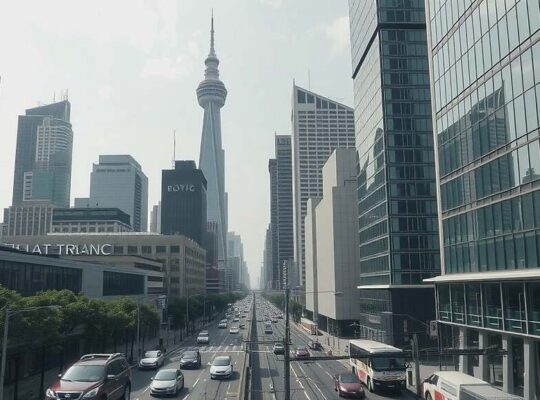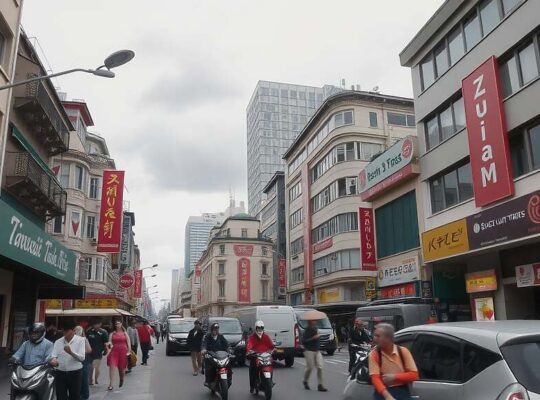President Vladimir Putin is enjoying a period of enhanced international visibility, engaging in high-profile meetings that underscore Russia’s persistent efforts to cultivate strategic partnerships amidst ongoing geopolitical tensions. The flurry of diplomatic activity, occurring as Western sanctions remain in place and international condemnation of the conflict in Ukraine persists, raises questions about Russia’s evolving foreign policy and the complexities of its relationships with key global players.
Hungarian Prime Minister Viktor Orbán’s unannounced trip to Moscow, confirmed via social media, immediately drew attention. Orbán’s stated objective of discussing “energy security and affordable, low electricity” signals a continued reliance on Russian energy sources for Hungary, a member of the European Union, defying collective efforts to reduce dependence on Moscow. Critics argue Orbán’s willingness to meet with Putin, despite the ongoing war and the Hungarian government’s previously stated commitment to EU solidarity, highlights a divergence in foreign policy objectives and potentially weakens the EU’s unified stance against Russian aggression. The details and outcomes of the meeting remain unclear, but the very act of engaging with Putin on these terms sends a politically significant message.
Simultaneously, the Kremlin announced President Putin will undertake a state visit to India on December 4th and 5th, at the invitation of Prime Minister Narendra Modi. The visit, characterized by Moscow as a demonstration of a “special and privileged strategic partnership” will encompass a broad range of discussions, including political, trade, economic, scientific, technological, cultural and humanitarian affairs, alongside addressing urgent international and regional issues. While the strengthening of India-Russia ties is not surprising, given the historical significance of their relationship and India’s need for defense equipment and alternative economic partners, the framing of the visit as a demonstration of a “privileged” partnership draws attention to Russia’s deliberate strategy of cultivating relationships with nations increasingly willing to navigate a complex, multi-polar world.
Analysts suggest these simultaneous engagements-with Orbán in Hungary and Modi in India-are carefully orchestrated by Putin to project an image of resilience and influence, despite the isolating effect of Western sanctions and international condemnation. The willingness of both Hungary and India to maintain robust and in India’s case, explicitly privileged ties with Russia arguably reflects differing national interests and strategic calculations, prompting a crucial question for European and global policymakers: To what extent can, or should, these divergent interests be accommodated amidst the broader need for continued pressure on Russia’s actions?












